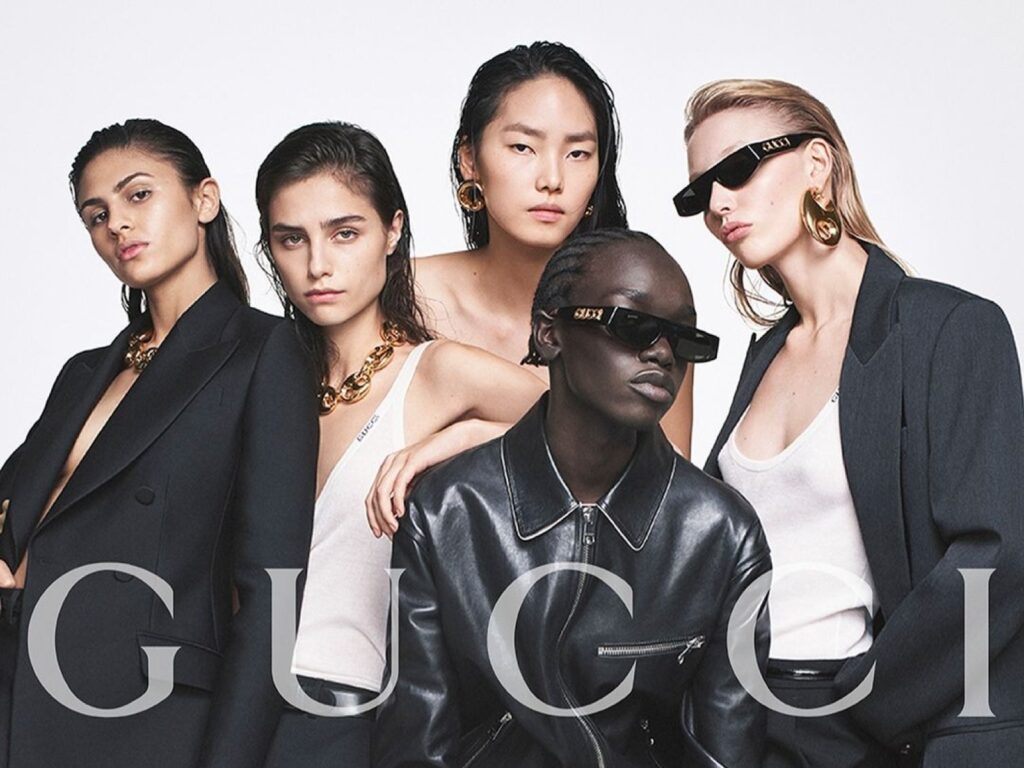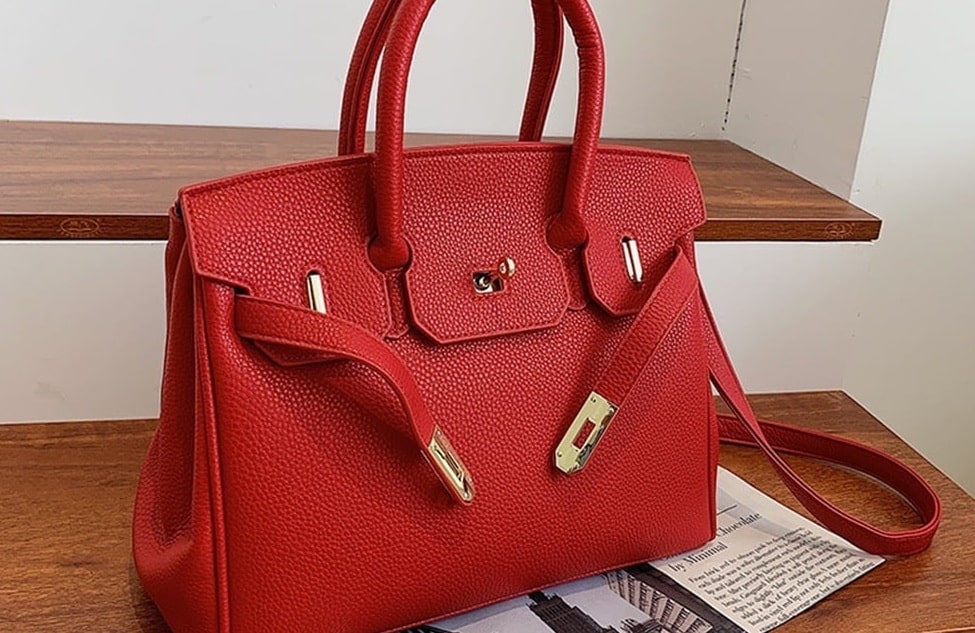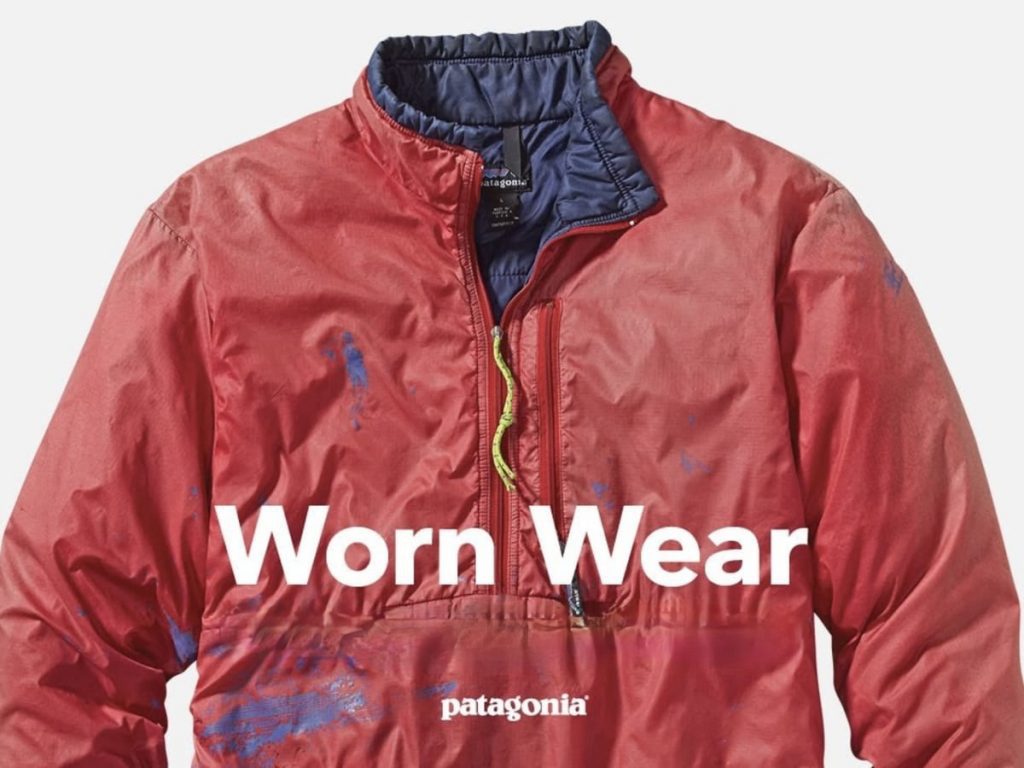In its latest move to clamp down on the counterfeit luxury goods market, Gucci is seeking $14 million from Lord & Taylor, accusing the retailer of “willfully” promoting, distributing and selling counterfeit handbags, belts, and shoes bearing its famous GUCCI trademarks” and then failing to defend itself in the lawsuit that Gucci lodged against it last year. Filed in a New York federal court in November 2023, Gucci alleged in the lawsuit that its agents purchased non-genuine products from Lord & Taylor’s website in early 2023, leading to accusations of trademark infringement, counterfeiting, unfair competition, false designation of origin, and trademark dilution.
Some Background: In the complaint that it lodged last year with the U.S. District Court for the Southern District of New York, Gucci asserted that the items it sells under its various trademarks are subject to “exacting quality control standards,” helping Gucci to maintain its stature in the luxury market. According to court documents, Kering-owned Gucci is dedicated to its commitment to “protect[ing] and safeguard[ing] its intellectual property rights,” which it argued are vital to ensuring that its creativity and heritage are preserved.
To maintain the integrity of its products, Gucci explained in its filing that it sells its goods only through its own retail outposts and e-commerce properties, as well as to authorized retailers. With this in mind, when Gucci learned that Lord & Taylor (which is not an authorized retailer) was selling handbags on its website that appeared to bear Gucci’s trademarks, the brand conducted several test purchases to determine the authenticity of the wares. Specifically, Its agents acquired a GG Marmont Shoulder Bag for $2,400 from the retailer’s website, among other items, and confirmed that they were counterfeit.
After certifying that the products were, in fact, fake, Gucci sent a cease-and-desist letter to Lord & Taylor in June 2023. While Lord & Taylor’s legal counsel admitted in response that the company “was aware it was selling counterfeit products,” the retailer failed to provide an accounting of the sales or stop selling the counterfeit items. Despite knowing that the products were fake, Gucci stated that Lord & Taylor chose to continue offering them for sale: “Lord & Taylor either knew or was willfully blind to the fact that they were selling counterfeit Gucci products,” Gucci argued in its complaint.
Gucci uncovered the scope of Lord & Taylor’s alleged counterfeiting capacity in April 2024 when the court ordered an inspection of the retailer’s remaining inventory. When Gucci’s legal team visited Lord & Taylor’s warehouse in New Jersey this spring, they found over 1,200 counterfeit Gucci items, including handbags, belts, and shoes, the company’s filing states. And not low-quality fakes, Gucci claimed that these high-quality counterfeit products “entirely mimic” its genuine designs, creating the potential for significant confusion among consumers.
Fast forward and Gucci alerted the court that Lord & Taylor had “refused to participate in good faith” during the discovery phase of the lawsuit. Lord & Taylor’s troubles appear to have deepened after its former counsel withdrew from the case in April 2024. With no new counsel replacing them and the company failing to respond to the lawsuit, the court declared Lord & Taylor in default.
The court’s judgment paved the way for Gucci’s request for $14 million in damages – $2 million per counterfeit mark for each type of counterfeit product sold. The products at issue included handbags, belts, and shoes that featured Gucci’s famous “GUCCI word mark, interlocking GG mark, and Horsebit mark.”
What Comes Next: The court’s default judgment ruling also grants Gucci the right to seek additional remedies, including a demand for Lord & Taylor to “immediately destroy or transfer” all counterfeit products remaining in the retailer’s inventory. Gucci stresses that it has been severely impacted by the sale of counterfeit goods, which not only diminish the strength of its trademarks but also tarnish the brand’s reputation for producing high quality products by associating its name with inferior knockoff items.
The consequences of Lord & Taylor’s actions go beyond the sale of fake products, Gucci states. In its complaint, it makes a case that these counterfeit goods directly compete with the authentic products that it sells through its official channels. In offering up counterfeit products, Lord & Taylor not only capitalized on the “goodwill” associated with the Gucci name but also diluted the exclusivity and value of Gucci’s trademarks, Gucci claims, arguing that the damage caused by Lord & Taylor’s actions is both financial and reputational. “The counterfeit products directly compete with Gucci’s genuine offerings,” the brand argues, noting that counterfeit sales undermine consumer confidence in the quality of products bearing the GUCCI Marks.
With the foregoing in mind and given Lord & Taylor’s “failure to find replacement counsel, defend this action, and provide any documents or information in response to [Gucci’s] discovery requests aside from a few documents pertaining to its inventory of counterfeit products,” Gucci claims that it cannot “ascertain [Lord & Taylor’s] actual profits and therefore, seeks statutory damages” of $14 million. In its filing,Gucci asks the court to impose strict penalties to deter future counterfeit sales by Lord & Taylor, arguing that a significant financial judgment is necessary to send a message not only to Lord & Taylor but to other retailers who might engage in similar behavior.
A Key Takeaway: Gucci’s case against Lord & Taylor is not just about recovering damages for counterfeit goods. It is a bold stance to protect the brand’s image and the value of its trademarks. By securing a default judgment, Gucci, as other brands have done, has shown that it will not hesitate to take swift legal action to protect its trademarks from counterfeiters. This is demonstrated by several similar cases that Gucci has filed last year. While off-price retailers – from Century 21 to T.J. Maxx, for instance – have long had access to/offered up limited quantities of luxury garments and accessories, which they have long held out as authentic, at least some have come under fire thanks to their alleged offering of counterfeits.
The case is Gucci America, Inc. v. Lord & Taylor EComm LLC, 1:23-cv-10239 (SDNY).











